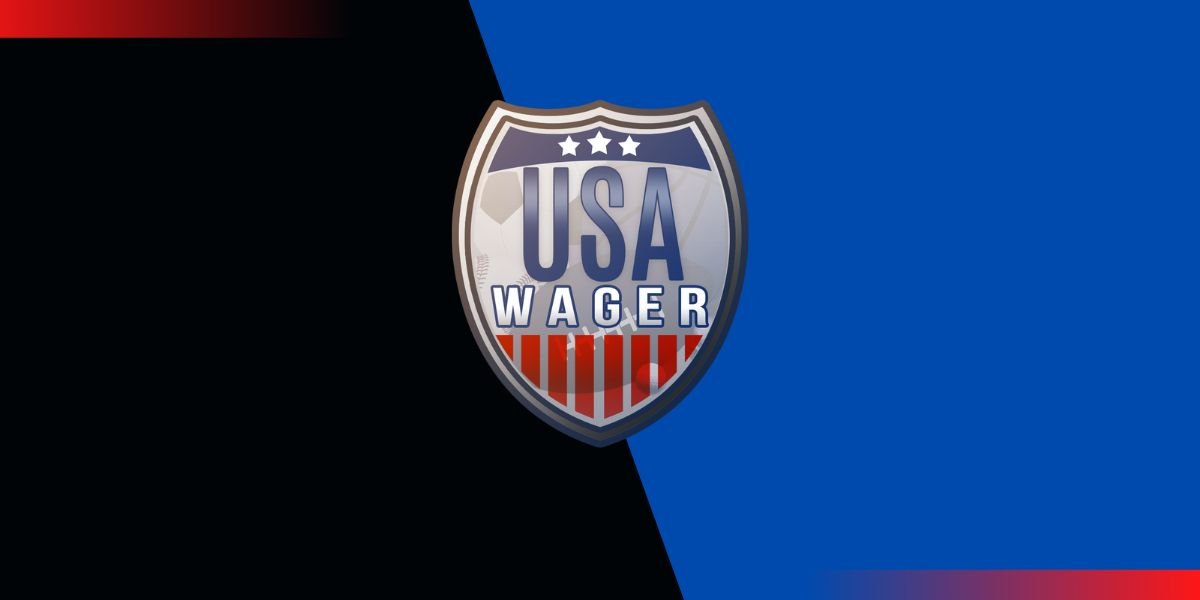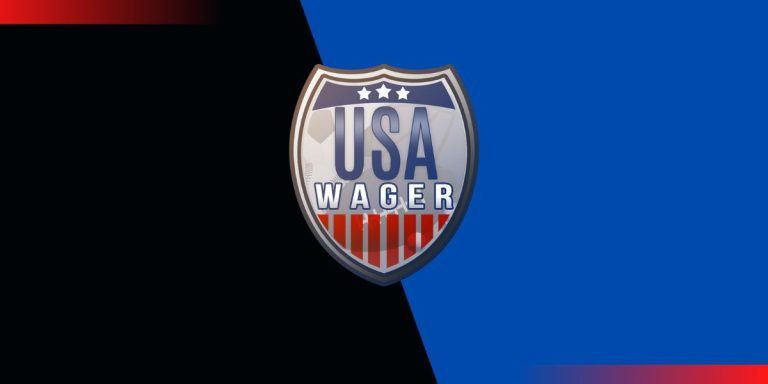Massachusetts Can’t Figure Out Sports Betting
A committee of lawmakers in Massachusetts continues to work on creating a bill that would legalize sports betting in the state. This committee was put together after competing bills were passed in the House and Senate and neither side was willing to give in.
This committee was formed all the way back in May, and there was a deadline set of July 31 for a deal to be reached. With only a few days remaining until the deadline, it appears that the committee is still too far apart on a number of key issues.
Legal sports betting in the United States just continues to grow as there are now more than 30 states that have passed a law to allow this. Massachusetts continues to cost itself millions of dollars each month by not agreeing to a deal.
The only real guarantee is that both retail and mobile sports betting would be available, but the competing bills have different ideas on how to set up the market. Governor Charlie Baker is in favor of legal sports betting, but he can’t do anything unless a bill lands on his desk.
Major Companies Making Push
Sportsbook operators have been joining in on the fight for legal sports betting in Massachusetts for months, but other companies are now getting involved also. DraftKings is a big proponent of legal sports betting in the state as it is headquartered in Boston.
Earlier this week a letter was sent to the committee working on sports betting from the Associated Industries of Massachusetts (AIM). The board of directors in this organization includes top executives from companies such as Verizon and Amazon.
This letter doesn’t choose sides as to which sports betting bill is preferred, but does note that Massachusetts could benefit financially if a bill was passed. According to the most recent estimate, the state could eventually get to a point where they are bringing in close to $500 million in revenue each year.
Senate Bill is Restrictive
The competing bills from the House and Senate really couldn’t be any more different, and it’s pretty clear which bill sports bettors and sportsbook operators would prefer. The bill from the House is close to plans that other states have come up with, while the bill from the Senate is much more restrictive.
One of the biggest sticking points in this debate is the fact that the Senate bill restricts betting on college sporting events. This would eliminate a large chunk of sports betting options and members of the House will not act on a bill unless some form of college sports betting is available.
The Senate bill also keeps professional sports teams from setting up a retail sportsbook at their stadiums, and imposes a high tax rate. The high tax rate would bring more money back into the state, but it’s also going to hurt the odds that are posted at the sportsbook.


